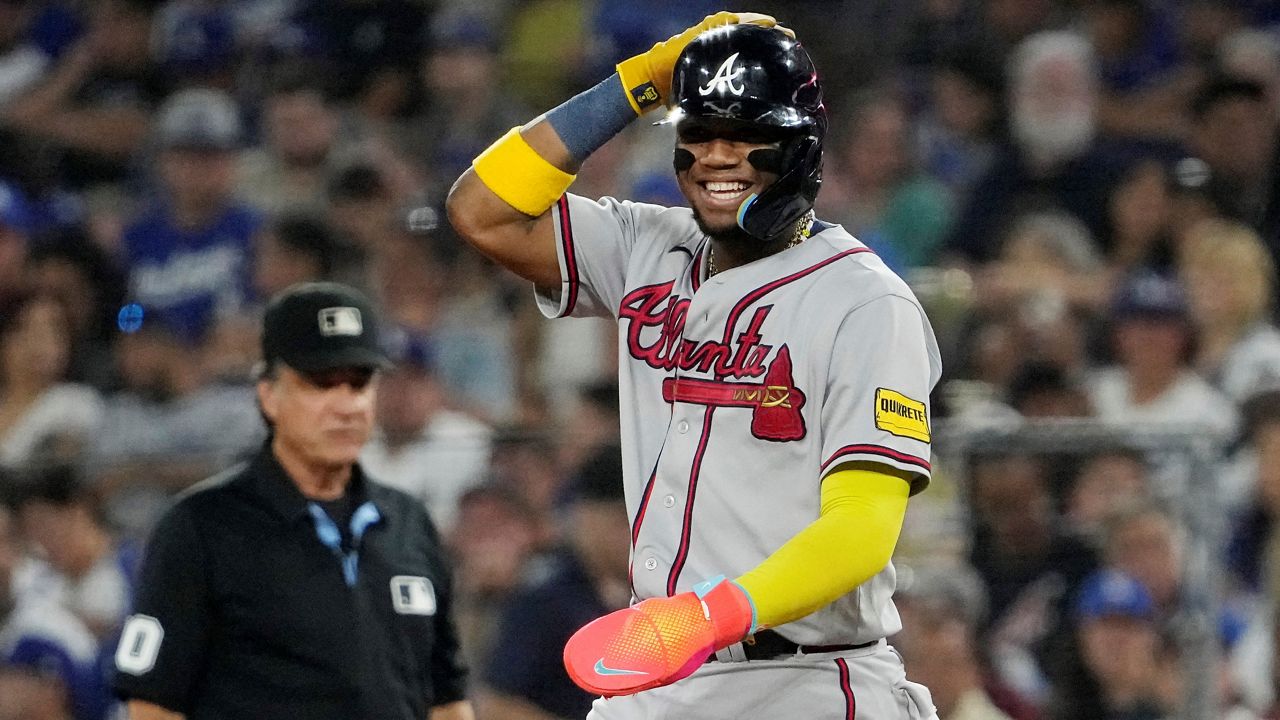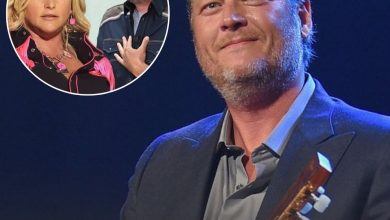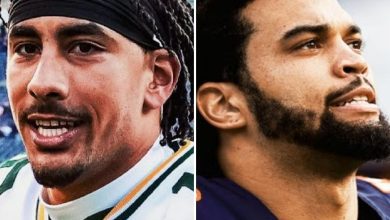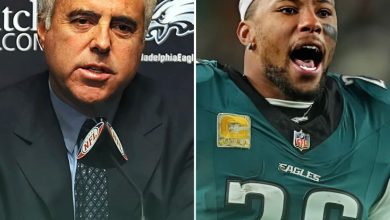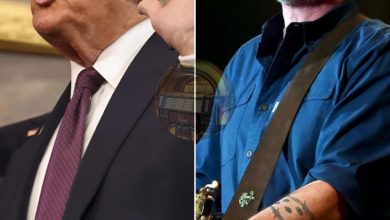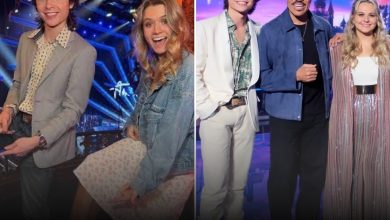Braves Should Trade Ronald Acuña Jr. Now: Why Atlanta Must Reset for the Future.vc
The Atlanta Braves face a pivotal decision: trade Ronald Acuña Jr. before it’s too late. This isn’t clickbait—it’s a serious call based on the franchise’s history of letting stars walk for nothing. As a former NL MVP turning 28 in December, Acuña remains under team control through 2028, but trading him could prevent another painful free-agent departure.
Braves’ History of Losing Stars Raises Red Flags
Atlanta’s ownership has a track record of frugality. They watched Freddie Freeman, Dansby Swanson, and Max Fried—key pieces of the 2021 World Series champions—leave as free agents without compensation. GM Alex Anthopoulos built that title team, but recent declines highlight the void left by these exits. Can he risk Acuña following suit?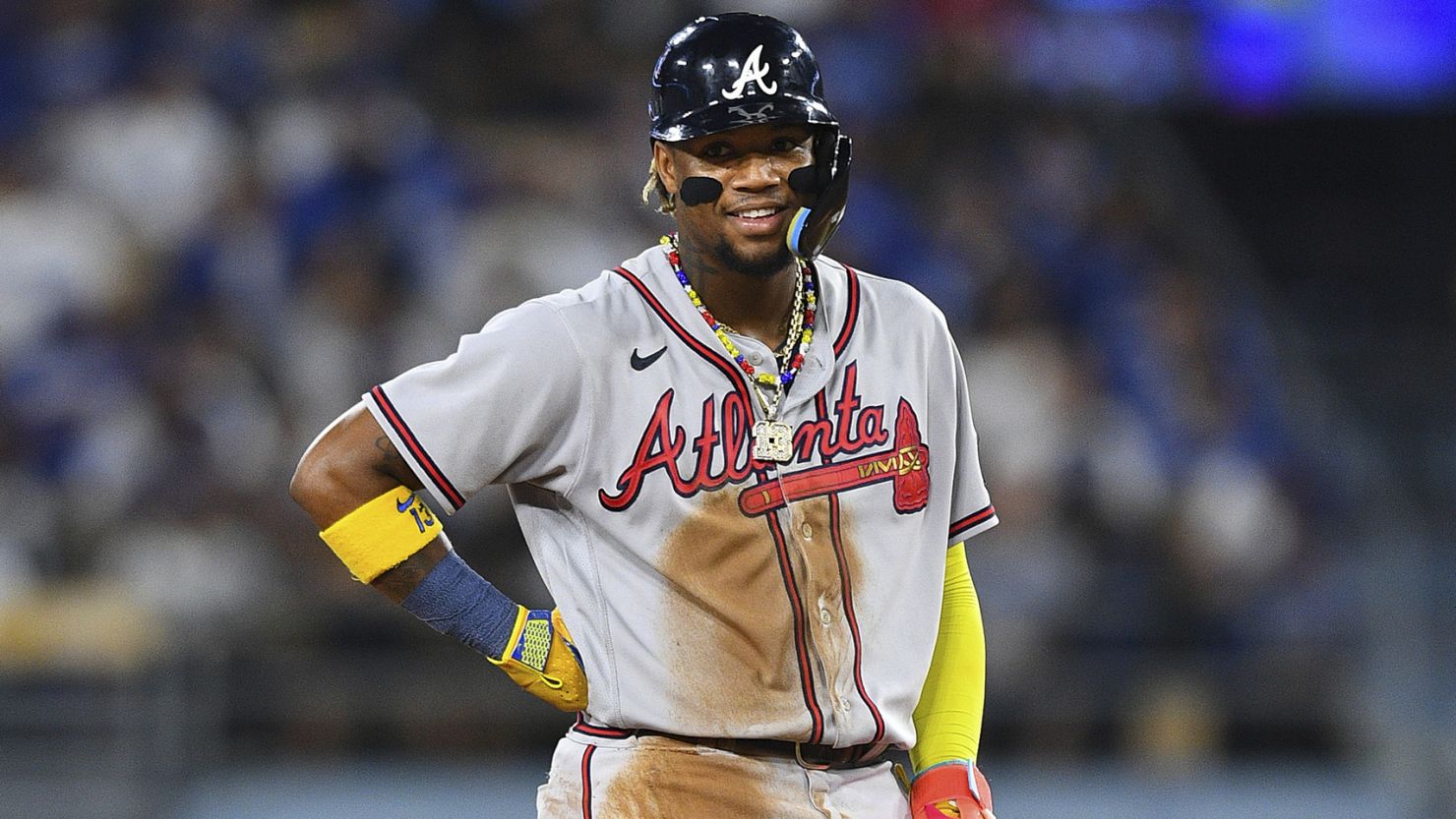
Payroll data underscores the issue. In 2024, the Braves ranked sixth in revenue at $510 million but ninth in payroll at $235 million for 2025—only 46.1% of revenue, 17th in MLB. Extending Acuña could demand $30-40 million annually, especially if he stays healthy. But with ownership pinching pennies to avoid luxury tax penalties, confidence in a long-term deal is low.
Acuña’s Injury Concerns and Aging Risks
Acuña turns 31 when any new contract begins in 2029. He’s missed significant time in three of the last five years, including two knee reconstructions. How will he age? Comparisons to Andruw Jones, whose skills faded after physical wear in his 20s, are sobering. Committing $30+ million yearly to a player with durability doubts through his 30s seems illogical, even for a talent like Acuña.
A New Era Demands a Talent Infusion
The Braves enter 2026 with a new manager, signaling a fresh chapter. Their farm system boasts solid young pitching but lacks standout position-player prospects akin to Drake Baldwin or Acuña. Last season’s injury-riddled nightmare, exacerbated by payroll constraints, exposed depth issues. Trading Acuña—still owed $51 million over three years—could yield four to six prospects, including outfield replacements, infield help, and more arms.
Teams like the Mariners, Tigers, Twins, Brewers, and Dodgers, with deep farm systems, could offer packages to reshape Atlanta’s next decade. This wouldn’t be a full rebuild but a strategic reset, prioritizing quantity and future contention over short-term sentiment.
Anthopoulos must weigh jersey sales against the risk of irrelevance. Letting Acuña bolt like Freeman, Swanson, and Fried would tarnish his legacy. Trading now secures value, bolsters the roster, and positions the Braves for sustained success.

